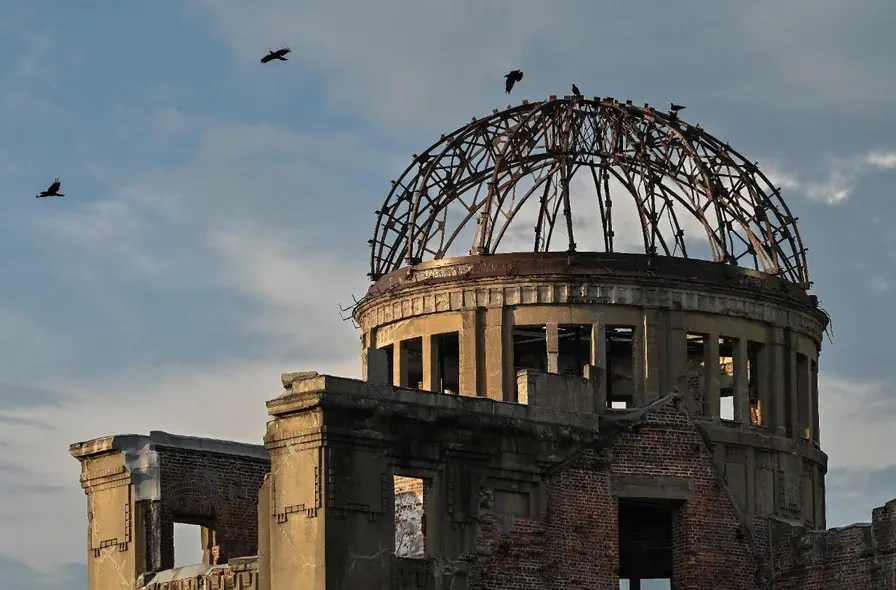T4K3.news
Nagasaki 80th anniversary ceremony
Peace Park marks 80 years since the atomic bombing with calls for a nuclear‑weapon free world.
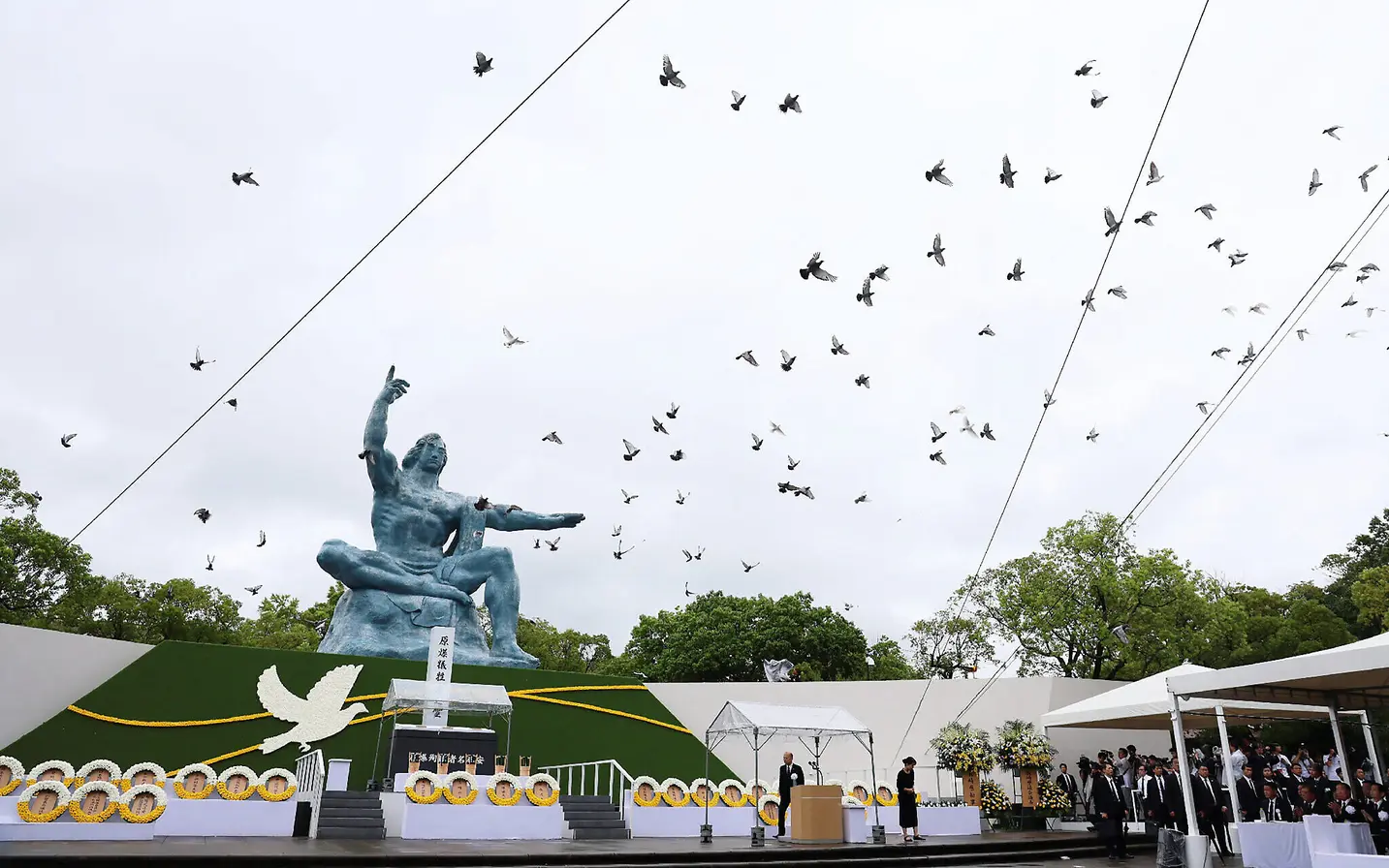
Memorial marks 80 years since the atomic bombing as leaders and survivors push for a world without nuclear weapons and greater international dialogue.
Nagasaki 80th anniversary ceremony highlights peace push amid Gaza tensions
Nagasaki marked the 80th anniversary of the 1945 atomic bombing with representatives from about 90 countries gathered at Peace Park. The ceremony featured remarks from Nagasaki Mayor Shiro Suzuki and Prime Minister Shigeru Ishiba, followed by the moment of silence at 11:02 a.m., the precise time of the blast. Israeli Ambassador Gilad Cohen attended this year, a year after he was snubbed from last year’s ceremony over the Gaza war. Survivors and their families urged action toward a global ban on nuclear weapons, while younger people were invited to keep the memories alive. China did not attend; Russia was present, and Japan reiterated its goal of a nuclear‑free world through diplomacy ahead of the 2026 Non‑Proliferation Treaty review conference.
Key Takeaways
"There are only two things I long for: the abolition of nuclear weapons and the prohibition of war."
Survivor Takeshita at a school visit describing her hopes for a nuclear‑weapon free world
"There are younger people beginning to take action."
Teruko Yokoyama noting fresh resolve among the next generation
"We join Japan and the international community in remembrance and in our shared pursuit of peace."
Israeli envoy Gilad Cohen expressing solidarity
"There are records to keep of survivors so future generations understand what happened."
Yokoyama discussing archival work
The ceremony shows how memory of a catastrophe continues to shape diplomacy. The call for a world without nuclear weapons sits alongside real world concerns about deterrence and national security. The Israeli envoy's participation signals that memorial spaces can serve as quiet meeting places even when broader ties are strained.
The event also reveals how younger generations are stepping in, with survivors pushing for archival work and education to sustain momentum. Yet politics can overshadow memory if debates about Gaza and Israel spill into the memorial space. The risk is that sentiment becomes headlines rather than policy, even as the drive for disarmament remains tangible.
Highlights
- A world without war is possible if we choose peace today
- Nagasaki teaches us to fear nuclear weapons not each other
- Let us pass down a memory that stops war from happening again
- To make Nagasaki the last site of atomic bombing we must abolish weapons
Diplomatic tension over Gaza war snub and Israeli envoy attendance
The ceremony blends memory with current politics, risking backlash and political controversy for some audiences while highlighting diplomacy as a tool for peace. The involvement of an Israeli envoy may raise sensitivities in regions watching the Gaza conflict.
Memory is a call to action, guiding future steps toward disarmament.
Enjoyed this? Let your friends know!
Related News
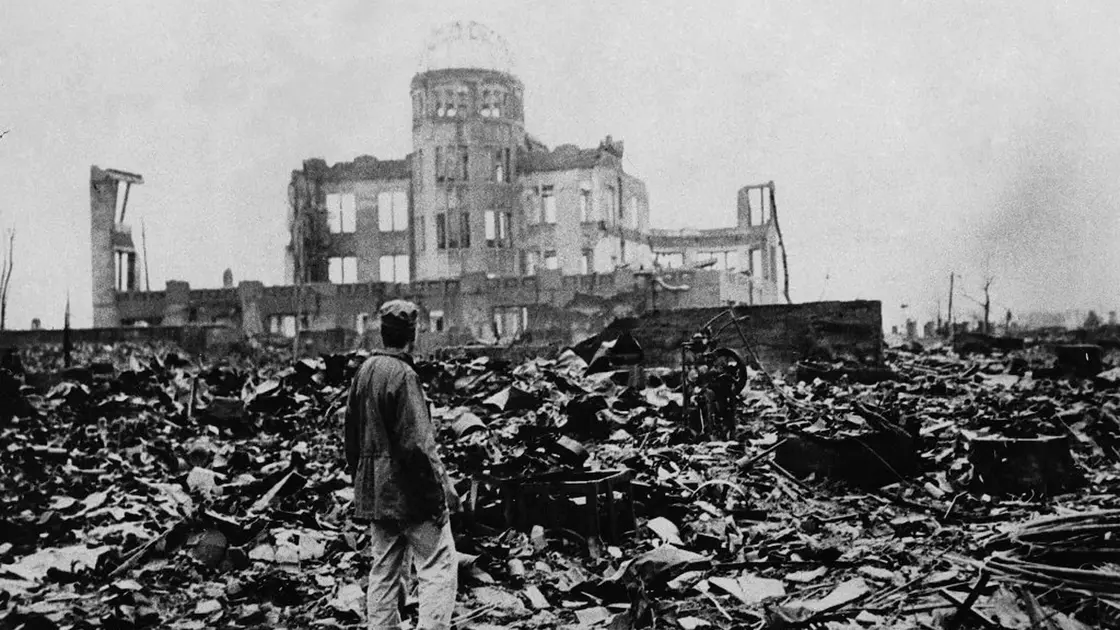
Japan marks 80th anniversary of Hiroshima bombing
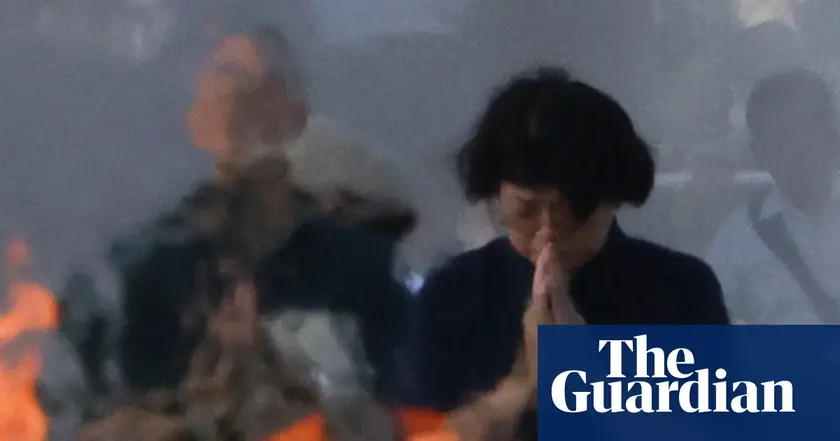
Hiroshima mayor urges nuclear disarmament on anniversary
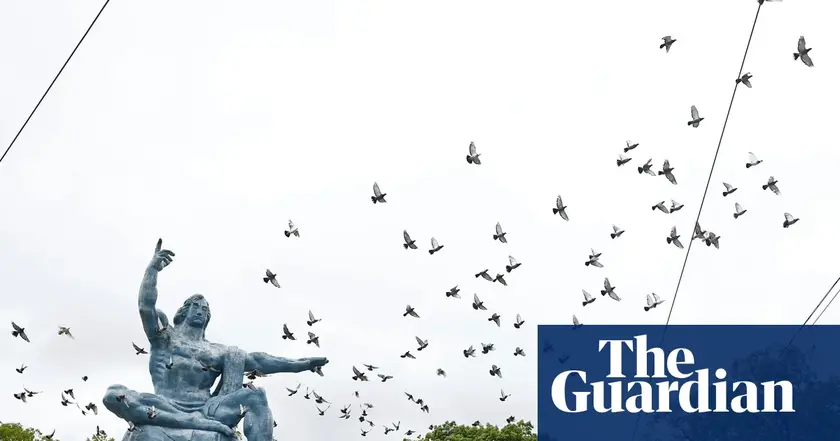
Nagasaki bell ceremony marks 80th anniversary
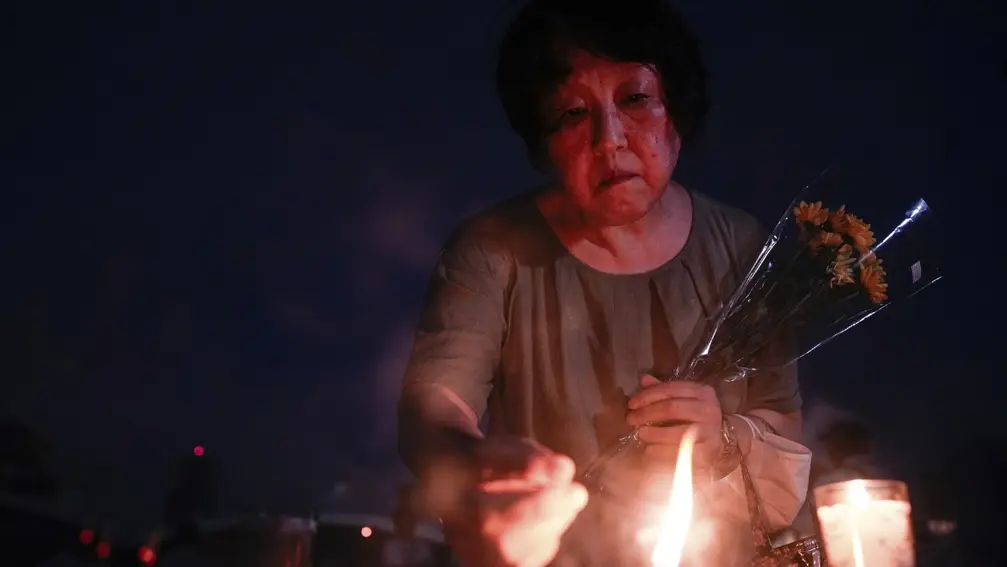
Hiroshima commemorates 80th anniversary of atomic bombing
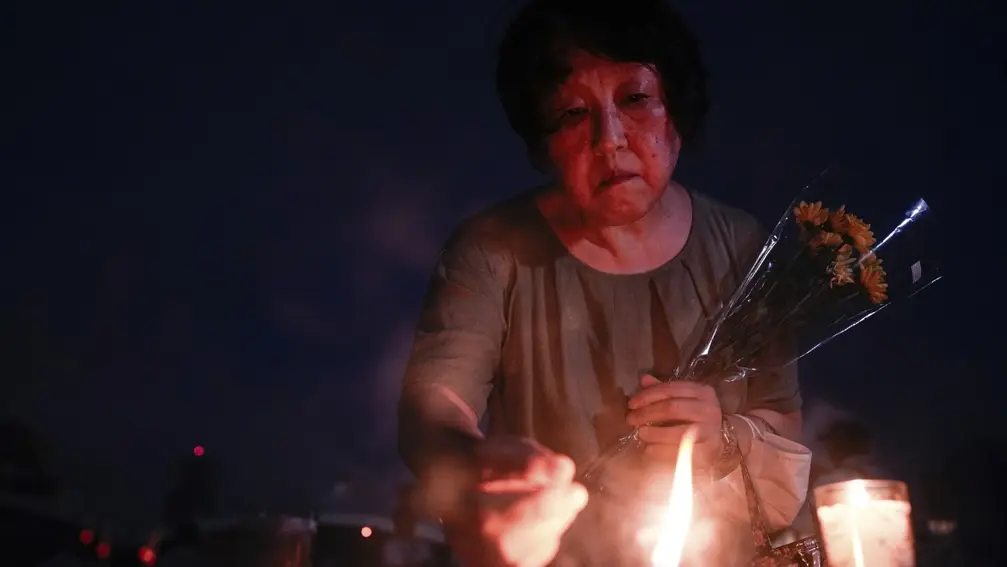
Hiroshima marks 80th anniversary of atomic bombing
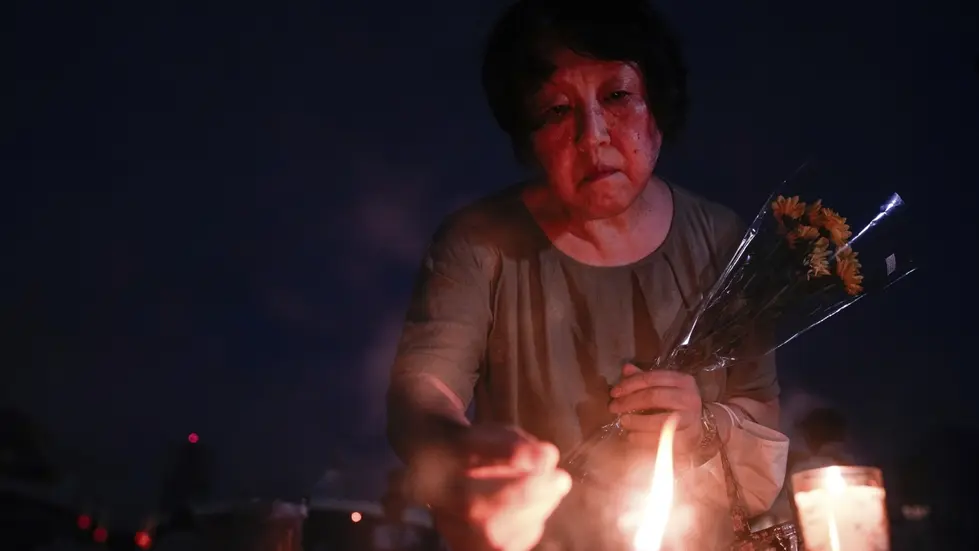
Hiroshima marks 80 years since atomic bombing
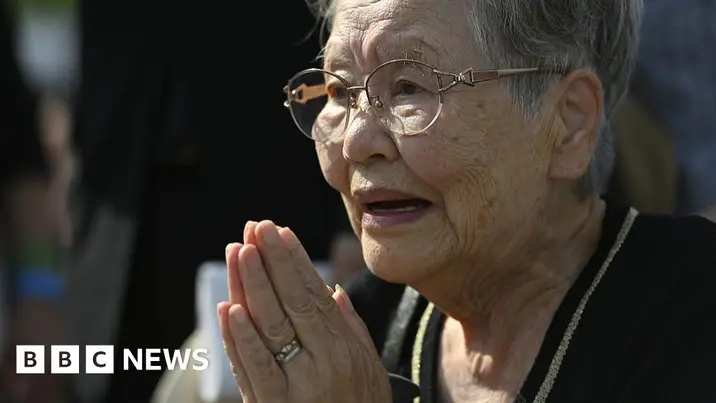
Hiroshima commemorates 80 years since atomic bombing
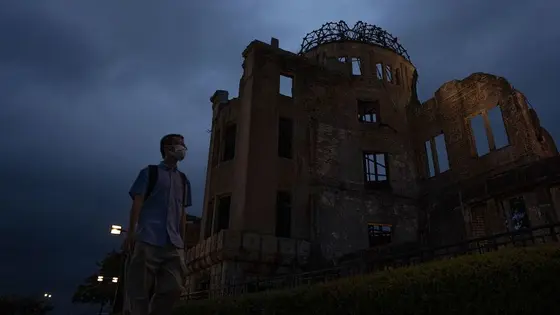
World marks Hiroshima's 80th anniversary amid nuclear tensions
